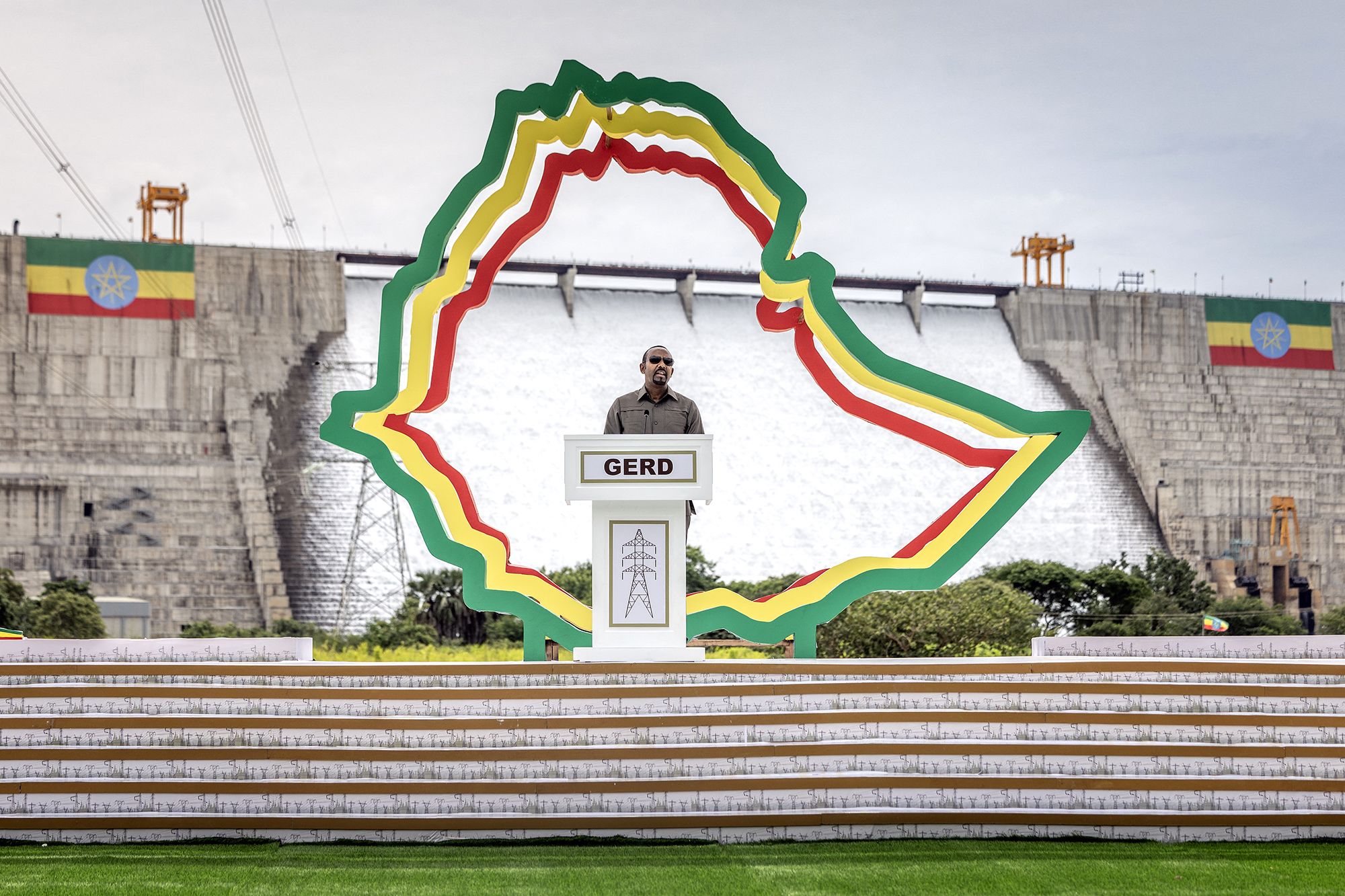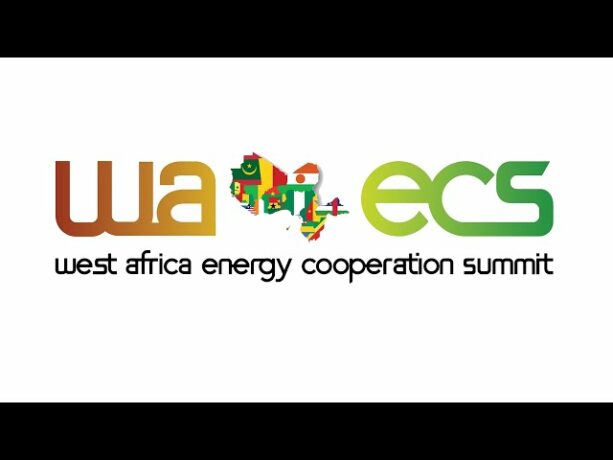
Ethiopia has celebrated the full inauguration of its greatest engineering achievement, the Grand Ethiopian Renaissance Dam (GERD). Now the most powerful hydroelectric plant on the African continent, the project is seen both as a crucial development lever for millions of Ethiopians and as a major concern for downstream nations, primarily Egypt.
A National Ambition for Energy and Development
For Ethiopia, the continent’s second most populous country, the GERD is central to its economic ambitions. Costing $5 billion and located on a tributary of the Nile, the dam is designed to transform the country’s energy landscape. With its maximum production capacity now reached at 5,150 MW, it aims to provide electricity to more than half of the population who lacked access as recently as 2022.
At the inauguration ceremony, Prime Minister Abiy Ahmed delivered a unifying speech, stating that the dam’s goal was to bring prosperity to the region and not to “harm its Sudanese and Egyptian brothers.” The project has become a powerful symbol of national unity in a country often affected by internal conflicts. Largely funded by the state (91%) and supplemented by contributions from Ethiopian citizens, it embodies a collective achievement.
Local benefits are already being felt. Farmer Sultan Abdulahi Hassan, living near the dam, testified to the arrival of electricity in his village, enabling the use of refrigerators and dramatically changing daily life. Beyond households, this new energy capacity is also attracting modern industries, such as cryptocurrency mining.
Downstream Concerns: Egypt and Sudan on Alert
Since construction began in 2011, Egypt has closely monitored the project with deep concern. Cairo, whose population relies on the Nile for nearly 90% of its water, sees the dam as a threat to its water security. Egyptian authorities fear that the GERD could restrict the river’s flow, particularly during droughts, and cite historic water-sharing treaties to challenge the project’s legitimacy. The government brought the matter to the UN Security Council, calling Ethiopia’s initiative a violation of international law.
Sudan shares some of these concerns and has joined Egypt in demanding a legally binding agreement on the filling and operation of the dam. However, Khartoum’s position is more nuanced, as the country could also benefit from better flood regulation and access to low-cost electricity.
Cautious Filling and an Uncertain Future
In response to these tensions, Ethiopia has sought to reassure its neighbors. The dam’s reservoir, now larger than the city of London, has been filled gradually since 2020. According to Addis Ababa, this method was chosen to avoid significant impacts on downstream countries.
Independent studies appear to support this claim so far, noting that favorable rainfall and careful reservoir management have prevented major disruptions to the river’s flow.
Despite the dam’s commissioning, a major challenge remains: electricity distribution. While urban areas are well-served, underdeveloped transmission infrastructure still limits access for much of the rural population, which will have to wait before fully enjoying the benefits of this monumental project.



